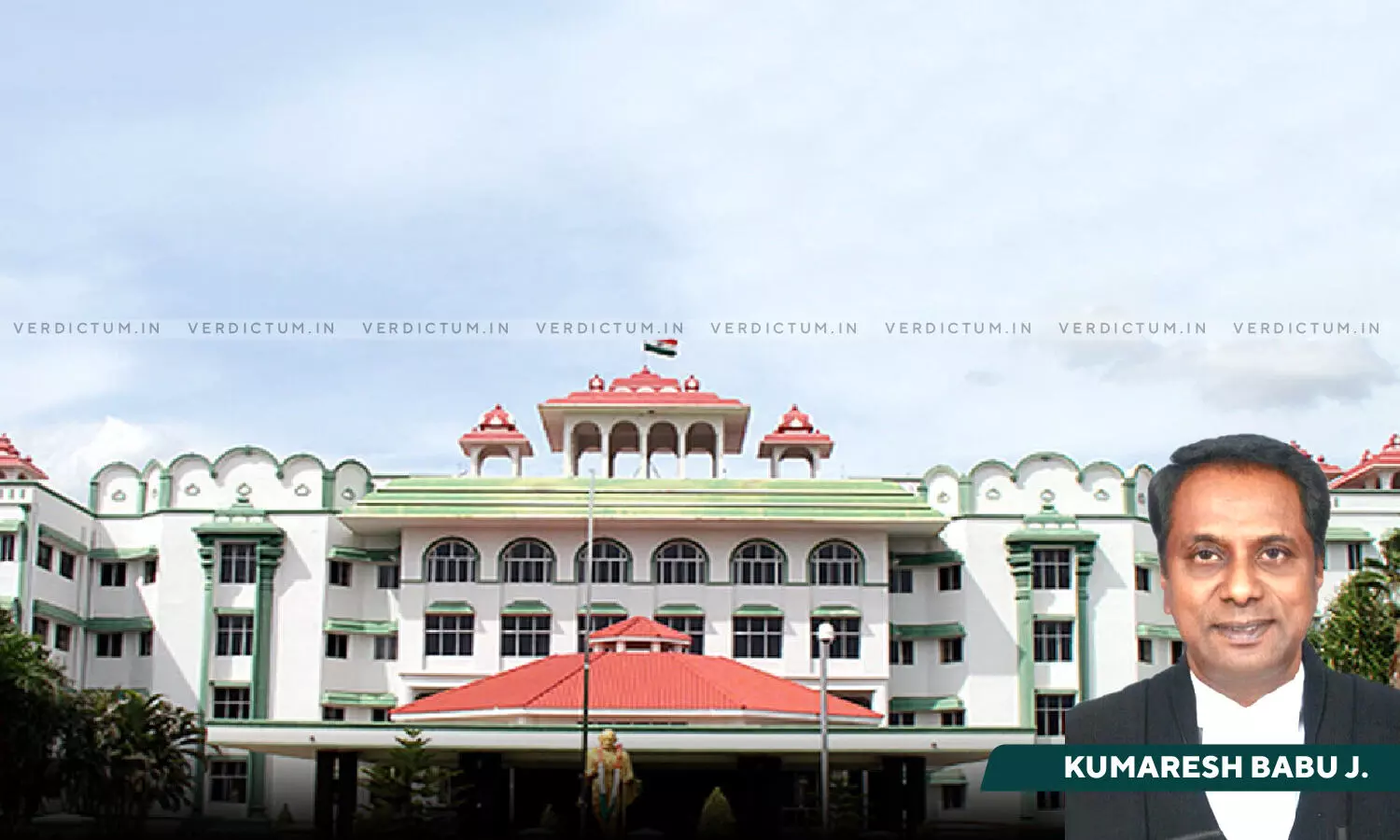
UGC Guidelines Are Binding On Educational Institutions, Profiteering By Colleges Or Universities Is Impermissible: Madras HC
 |
|The Madras High Court, Madurai Bench reiterated that the guidelines of the University Grants Commission (UGC) are binding on the educational institutions and that the profiteering committed by colleges or universities is impermissible.
A Single Bench of Justice K. Kumaresh Babu held, “The UGC guidelines, it is binding on the Institution and they cannot claim that they are not bound by the norms fixed by the UGC. … in the present case on hand, the Institution had admitted another student in the vacancy that had arisen due to the petitioner's daughter leaving the Institution. There is no loss that is caused to the institution. What the institution now seeks to achieve, in my view, is an unjust enrichment amounting to profiteering, which it has been heavily come down by the Hon'ble Apex Court, in the judgment referred to supra.”
The Bench referred to the case of T.M.A. Pai foundation and others v. State of Karnataka and others (2002)8 Supreme Court Cases 481 wherein it was held by the Apex Court that any institution cannot collect more than what they are permitted, namely, tuition fees and other institutional expenditure.
Advocate S.Venkatasubramaniyan appeared for the petitioner while Advocate C. Venkatesh Kumar appeared for the respondent.
Facts –
The petitioner's daughter had joined the respondent college and was provisionally selected in the said college for the MBBS Course. Thereafter, the petitioner's daughter obtained admission in another medical college and therefore, made a request to relieve her from the respondent college. The petitioner was directed to pay the remaining fees for the entire course as a result of which she had paid a sum of Rs. 22,52,000/- towards the same and only then she was issued the Transfer Certificate by the respondent.
The petitioner was forced to sign a bond as dictated by the respondent in their prospectus for seeking admission and since there was no other choice but to get admission, she executed the same. The respondent later refunded a sum of Rs.17,50,000/- but not the first year Tuition fees i.e., Rs.5,54,370/- and Rs.5,00,000/- towards bond breakage fees. The said action of the respondent institution was contrary to the UGC Regulation as per the petitioner.
The High Court after hearing the contentions of both parties said, “A reading of the public notice issued by the UGC, it is clear that if the students leave the Institution after joining the Course and if the seat consequently falling vacant has been filled by another candidate, before the last date of admission, the Institution should return the fees collected with proportionate deductions of monthly fees and proportionate hostel rent, where applicable.”
The Court observed that clause 7.15 of the bond was illegal and hence will not be binding on the petitioner. The Court further directed the respondent to refund the balance of Rs. 10,54,000/- to the petitioner within a period of 12 weeks.
Accordingly, the Court allowed the writ petition.
Cause Title- Dr. R. Hemamalini v. The Registrar, Annamalai University
Click here to read/download the Judgment